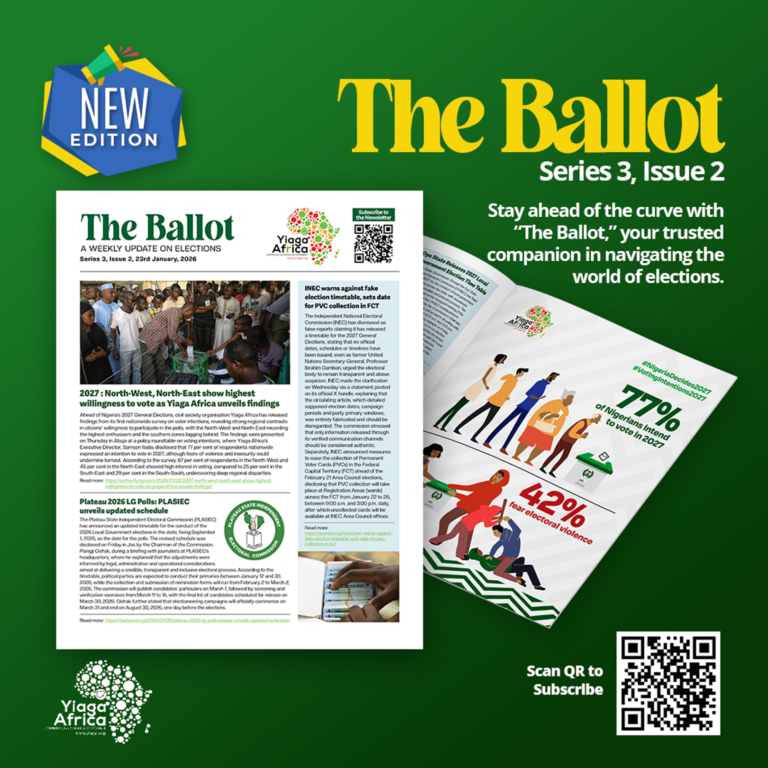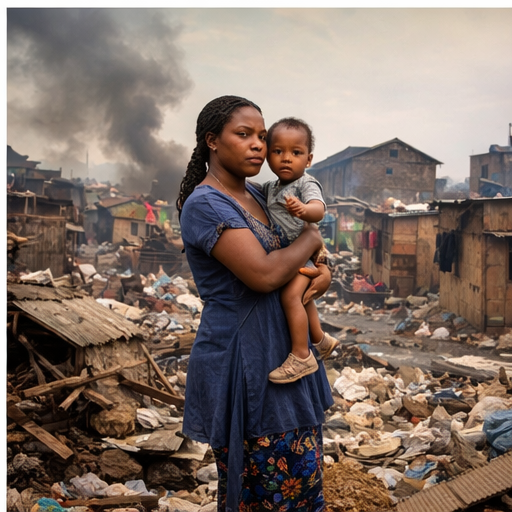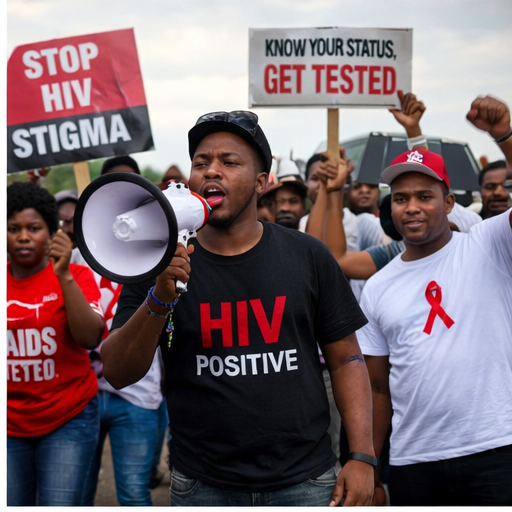
By Media360Impact Editorials
On June 12 every year, Nigeria pauses to commemorate a watershed moment in its political history a day that now symbolizes the struggle for democratic governance, the resilience of its people, and the continuing pursuit of credible leadership. More than just a date, June 12 represents both the pain of a stolen mandate and the enduring hope for a truly representative democracy.
The Day That Redefined Nigeria’s Democratic Trajectory
On June 12, 1993, Nigeria held what is widely regarded as the freest, fairest, and most peaceful election in its history. Business tycoon and philanthropist Chief Moshood Kashimawo Olawale (M.K.O.) Abiola was poised to win the presidential election under the Social Democratic Party (SDP), defeating his National Republican Convention (NRC) rival, Bashir Tofa, in an unprecedented display of national unity across ethnic and religious lines.

For once, Nigeria saw an election where a Yoruba Muslim from the South was voted for in the North, and an election that transcended tribal and religious divisions. It was a promising turning point after years of military dictatorship.
But just as the country held its breath in anticipation of a new era, the military regime of General Ibrahim Babangida annulled the election on June 23, 1993, citing vague concerns over electoral irregularities. This single act derailed Nigeria’s democratic aspirations, plunging the nation into political uncertainty and unrest.
A Crisis That Shook a Nation
The annulment of the June 12 election triggered nationwide protests, civil disobedience, media crackdowns, and political repression. The pro-democracy movement, led by activists, labor unions, students, journalists, and rights groups, intensified calls for the restoration of Abiola’s mandate and the end of military rule.
Abiola himself was later arrested in 1994 after he declared himself the lawful president. He was detained without trial and died in custody under suspicious circumstances on July 7, 1998 just weeks before he was expected to be released. His death further deepened public mistrust in the government and fueled anger at the long years of military domination.
The Return to Civilian Rule and Democratic Gains
The military eventually handed over power in 1999 to a democratically elected government led by President Olusegun Obasanjo, a former military ruler himself. Although the handover marked a new beginning, many Nigerians felt that the spirit of June 12 was never fully honored especially as May 29, not June 12, was initially celebrated as Democracy Day.
For nearly two decades, activists, politicians, and civil society organizations called for official recognition of June 12 as the true Democracy Day not only in honor of Abiola’s sacrifice but as a way of acknowledging the power of the people’s will.
June 12 Finally Recognized
In 2018, President Muhammadu Buhari heeded that call. He declared June 12 Nigeria’s new Democracy Day and conferred a posthumous Grand Commander of the Federal Republic (GCFR) honor on M.K.O. Abiola the highest national award, traditionally reserved for presidents.
This gesture, though largely symbolic, was viewed by many as a restorative act and a step toward healing the nation’s democratic wounds. Yet, others questioned whether the recognition of June 12 would translate into a stronger commitment to electoral integrity, rule of law, and good governance.
The Present: A Democracy Still on Trial
Today, 25 years into the Fourth Republic, Nigeria’s democracy faces complex challenges: voter apathy, electoral violence, corruption, judicial compromise, insecurity, and a trust deficit between the government and the governed.
The 2023 general elections, despite improvements in voter technology, were marred by allegations of vote suppression, manipulation, and a failure to meet public expectations. The reactions to the polls once again revealed deep fractures in Nigeria’s political system and the fragile nature of public trust.
Still, the democratic space has widened. There is a more vocal civil society, a daring youth movement, and increasing demands for transparency and reform. From the #EndSARS protests to judicial activism, Nigerians, especially young people, are not silent.
The Spirit of June 12 Lives On

June 12 is more than a public holiday it is a reminder of Nigeria’s unfinished democratic journey. It calls on leaders to honor the will of the people, and on citizens to stay vigilant and engaged. Democracy is not a destination; it is a continuous process.
As Nigeria marks another June 12, the question remains: Have we truly learned from history? Or are we still repeating its painful lessons?
M.K.O. Abiola’s campaign slogan in 1993 was simple yet powerful: “Hope ’93.” That hope was deferred, but it must not be denied. The dream of a Nigeria where votes count, leaders are accountable, and the people’s voice matters is still alive if we choose to fight for it.








